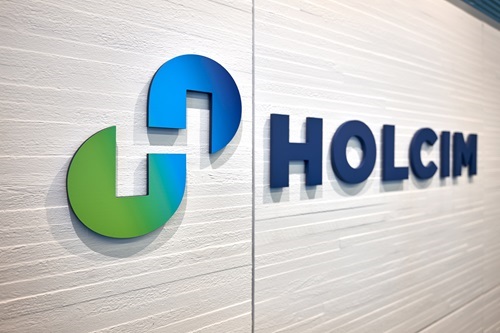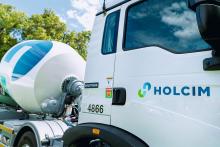
The partnership will advance Sublime’s first commercial manufacturing facility in Massachusetts, USA, giving Holcim a large share of Sublime Cement produced there through a binding offtake reservation. The two partners have established a dedicated project team to co-develop further facilities to scale up and commercialise Sublime Systems’ technology for swift market deployment.
Nollaig Forrest, chief sustainability officer at Holcim, said: “The Sublime Systems team has developed a unique technology to decarbonise cement, cutting across the entire production process from the use of clean electricity to carbon-free raw materials. We are excited about this technology’s potential and are delighted to be partnering to bring it to market at scale. This investment advances our strategy to decarbonise construction by scaling up the most innovative technologies across our operations.”
Dr. Leah Ellis, CEO and co-founder of Sublime Systems, said: “In the cement industry, scale is everything. We are proud to collaborate with Holcim who supports our mission of swift and massive impact. By pairing Sublime’s technology with Holcim’s advanced global operations from manufacturing and logistics to commercial distribution, we can scale up our impact together.”

Sublime Systems’ technology reinvents the full cement manufacturing process. Based on a proprietary CO₂-free electrochemical system, it uses clean electricity and carbon-free raw materials for cement production. After its first successful market applications, Sublime is currently building a commercial-scale manufacturing plant to produce 30,000 tons of cement per year as of 2026. Holcim’s investment adds to a recent award it was selected for by the U.S. Department of Energy’s Office of Clean Energy Demonstrations (OCED).
Holcim has the broadest range of decarbonisation technologies in its industry to execute on its 2030 and 2050 1.5°C-aligned net-zero targets validated by the Science Based Targets initiative. Its portfolio ranges from innovative low-emission materials like calcined clay and decarbonised cement paste from recycled construction demolition materials; all the way to decarbonised energy, with 12 sites operating at over 80% alternative fuels. It is currently developing six CCUS projects, engineered to produce 8 million tons of decarbonised cement per year by 2030. Through Holcim MAQER Ventures, it works with hundreds of startups to scale up the most innovative technologies in the built environment.










